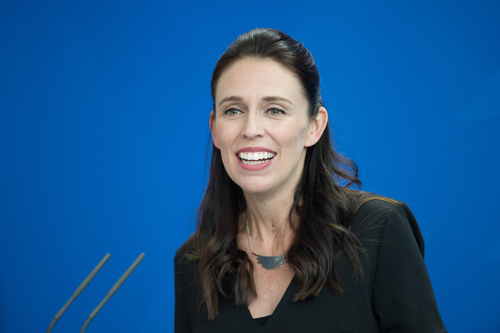Recent news of New Zealand Prime Minister Jacinda Ardern’s resignation due to burnout is a shock to many, showing that even those at the top of an organization are not immune to the effects of exhaustion and long hours. This news should serve as a reminder that burnout prevention is essential for people in all positions, from entry-level workers to CEOs.
What Is Burnout?
Burnout is a state of emotional, physical, and mental exhaustion caused by prolonged stress. It can be the result of working too many hours, having an unmanageable workload, or feeling like there’s no recognition for hard work. While it is more common among entry-level employees who are tasked with menial jobs or midlevel staff with little authority or control over their workload, burnout can affect anyone—even leaders like Ardern!
Preventing Burnout at All Levels
The best way to prevent burnout is to create an environment where employees feel valued and supported. There are a number of ways organizations and their managers can do this:
- Check in with team members regularly, and make sure they have the resources they need to do their job properly.
- Offer flexible work schedules when possible so workers can maintain some semblance of work/life balance without sacrificing productivity or quality of work.
- Set clear expectations around deadlines and workloads so workers know what needs to be done and how much time they have to complete their tasks.
- Encourage employees to take regular breaks, even if they are just 5-minute breaks throughout the day, to relax and recharge.
- Recognize employees’ hard work—whether it’s through verbal praise or something more tangible like bonuses or promotions—so they know their efforts are appreciated and valued within the company.
The news of Ardern’s sudden resignation serves as an important reminder that burnout prevention is essential for organizations of all sizes and not only workers in entry-level positions or performing tedious tasks on a daily basis.
Investing in employees’ well-being and mental health will pay off for both employers and employees alike! An ounce of prevention will go a long way toward avoiding inefficiencies, poor work quality, disengaged staff, and unexpected resignations.
Lin Grensing-Pophal is a Contributing Editor at HR Daily Advisor.

